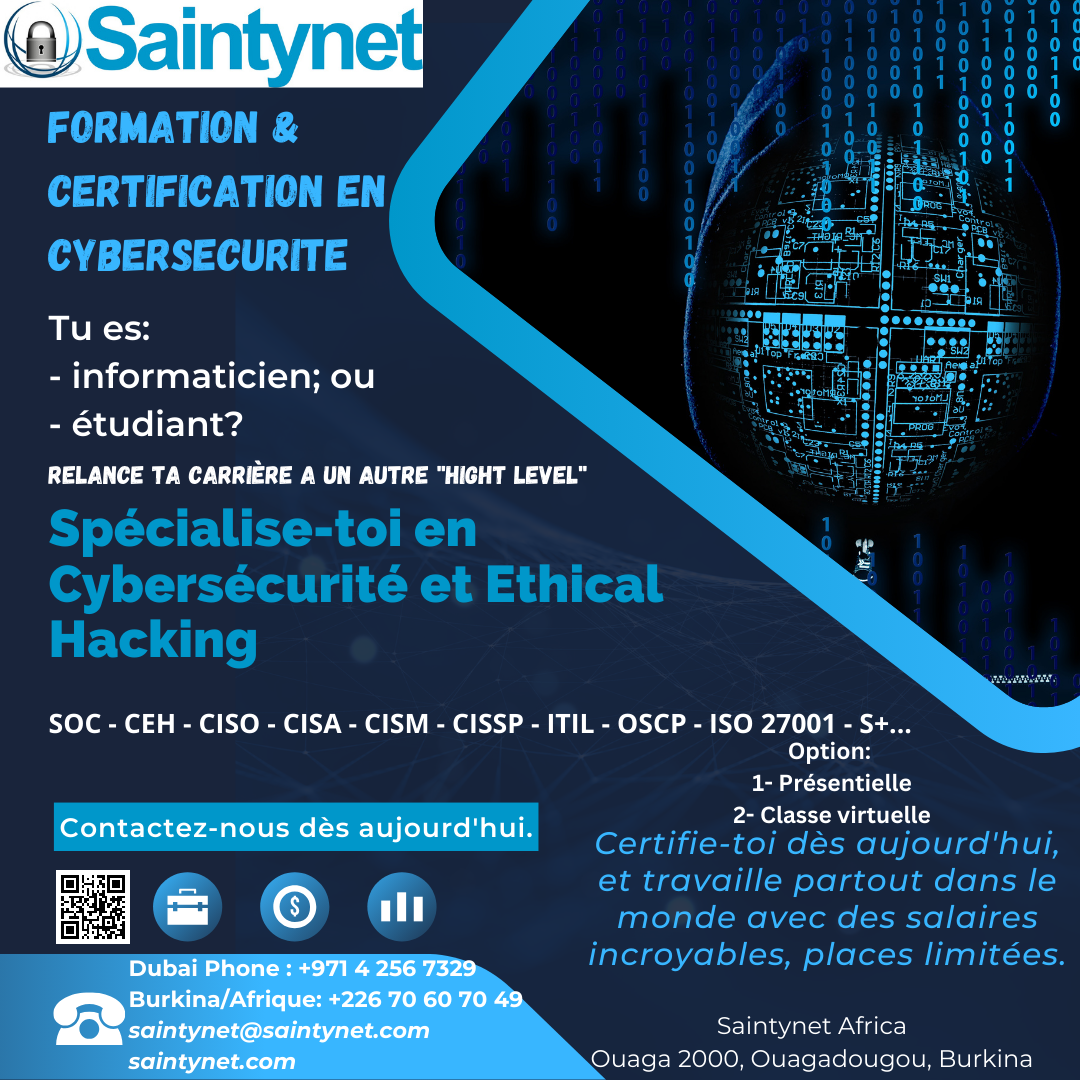In recent years, ransomware attacks have become a growing concern in Europe, impacting both public and private organizations. A ransomware attack is a type of cyberattack in which the attacker encrypts an organization’s data and demands payment, usually in the form of cryptocurrency, in exchange for the decryption key.
This 10-point overview will examine the key aspects of ransomware attacks in Europe and the steps that organizations can take to prevent and respond to these attacks.
- The Rise of Ransomware Attacks: Ransomware attacks have become increasingly common in Europe, with organizations across all sectors being targeted.
2. The Impact on Organizations: The impact of a ransomware attack on an organization can be significant, resulting in data loss, financial loss, and reputational damage.
3. The Use of Cryptocurrency: Ransomware attackers typically demand payment in the form of cryptocurrency, making it difficult for authorities to trace the funds and identify the attackers.
4. The Need for Strong Backup Systems: Strong backup systems can help organizations recover from a ransomware attack without having to pay the ransom.
5. The Importance of Employee Training: Employee training can help prevent ransomware attacks by educating employees on how to identify and prevent malicious activity.
6. The Need for Regular Software Updates: Regular software updates can help protect against security vulnerabilities and prevent ransomware attacks.
7. The Importance of Network Segmentation: Network segmentation can help limit the spread of a ransomware attack and reduce the impact on the organization.
8. The Role of Government: Governments play a crucial role in preventing and responding to ransomware attacks by providing resources and support to organizations and working with international partners to track down and prosecute the attackers.
9. The Need for an Incident Response Plan: Organizations should have an incident response plan in place to quickly respond to a ransomware attack and minimize the impact.
10. The Importance of Not Paying the Ransom: Paying the ransom only encourages the attackers to continue their malicious activity and funds criminal organizations.
Conclusion:
Ransomware attacks have become a growing concern in Europe, impacting organizations across all sectors. To prevent and respond to these attacks, organizations must adopt a comprehensive approach that includes strong backup systems, employee training, regular software updates, network segmentation, and an incident response plan. By taking the necessary steps to secure their networks and protect their data, organizations can reduce the risk of a ransomware attack and minimize its impact.




